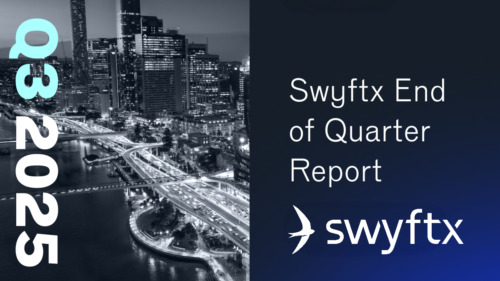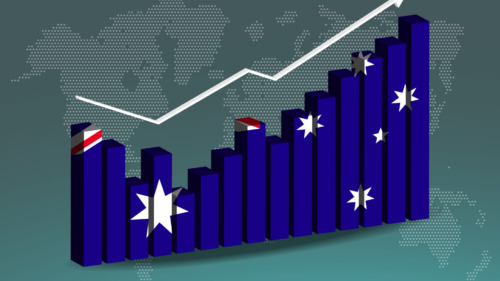ACCC Alleges Over Half of Facebook’s Crypto Ads Are Scams or Violate Policies

- Australia’s consumer and trading laws regulator, the ACCC, has told the Federal Court that over half of the cryptocurrency ads appearing on Facebook are either in breach of Facebook’s terms of use or are potentially scams.
- This claim comes as part of a case the ACCC launched against Meta in 2022, claiming the social media giant knowingly allows scam ads despite having the technical capabilities to protect consumers.
- Meta claims that combating these ads is more difficult than the ACCC thinks and says it has been taking steps to address the issue, including launching legal action against users who breach its terms of use.
In news that won’t surprise many Facebook users, Australia’s consumer rights regulator has told a court that over half of the cryptocurrency-related ads appearing on Facebook—many of which feature unauthorised images of high-profile celebrities—are either potential scams or in breach of the platform’s terms of use.
That’s right, it turns out Kochie and Karl Stefanovic aren’t really the crypto kingpins those Facey ads claimed they were. How will we ever learn to trust again, eh?
In 2022 the Australian Competition and Consumer Commission (ACCC) launched a case against Facebook’s parent company, Meta, over ads that appear on the social media platform. The ACCC alleged Meta “had engaged in false, misleading or deceptive conduct in publishing the ads, and aiding and abetting the false conduct by the advertisers”.
As part of that case, a ruling was issued in the Federal Court of Australia last week revealing that the ACCC has alleged that Meta has been aware since at least 2018 that a “significant proportion” of crypto ads on Facebook have been deceptive. The regulator’s initial analysis found 58% of crypto ads and landing pages either violated Meta’s terms of use or were potential scams.
Related: Australian Consumer Watchdog Sues Meta Over Crypto Scam Ads
ACCC: Meta Hasn’t Done Enough to Combat Facebook Scams
The ads the ACCC is focusing on often use high profile celebs, such as Mel Gibson, Eddie McGuire, Russell Crowe and Waleed Aly, to promote what are essentially scams. Initially the ACCC identified around 600 such deceptive ads, but is now focussing on 234. The regulator says more ads may be identified as the discovery process continues.
The ACCC claims that while Meta will often remove individual scam ads on Facebook once they’re reported and sometimes bans user accounts, it isn’t doing enough to combat these ads and continues to profit from the promotion of scams.
The regulator further claimed that Meta has failed to take meaningful steps to safeguard consumers from these scam ads, suggesting it could easily have developed technology to significantly reduce their harm to consumers:
[Meta] has had the technical ability, or could have developed technology – which could place a warning on advertisements to the effect that users should exercise care as advertisements on the Facebook platform have falsely suggested that the public figure concerned endorses a money-making scheme or a trading scheme – but has not given such warnings.
Fighting Scam Ads Isn’t That Simple, Claims Meta
In response, a Meta spokesperson told The Guardian that it’s not as easy to combat these scam ads as the ACCC makes out, saying the scammers use many tactics to evade detection:
Scammers use every platform available to them and constantly adapt to evade enforcement. Meta doesn’t want scams on its platforms and we will continue to work tirelessly to prevent them and protect our users.
Meta also responded to questions from a parliamentary inquiry into social media last month, saying between January 2023 and January 2024 it had taken action against hundreds of thousands of users worldwide, including in Australia. This action has apparently ranged from banning accounts up to legal action against users who’d breached its terms of service.
Related: Uni of Queensland Highlights Need for Education on Crypto Scams
Meta also says that it is considering requiring new advertisers on Facebook to register a phone number as a way of combating scam ads.
The Australian government’s scam tracking website, Scamwatch, says that so far in 2024 Aussies have lost just over AU$13 million to investment scams promoted through social media, about 10% of total scam losses reported over the same period.






